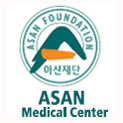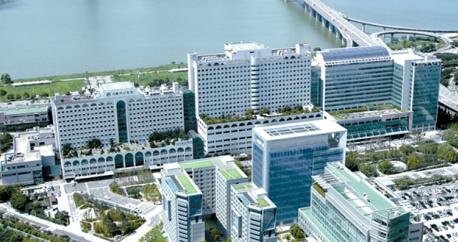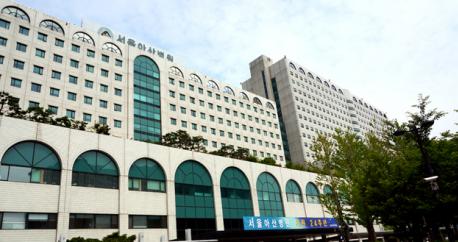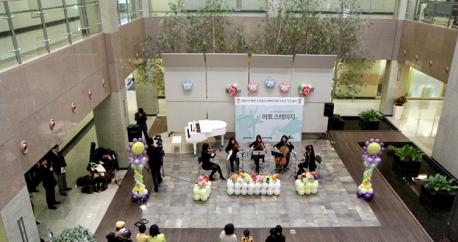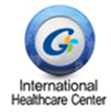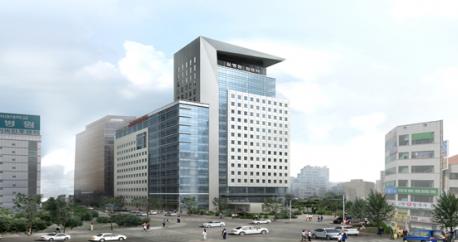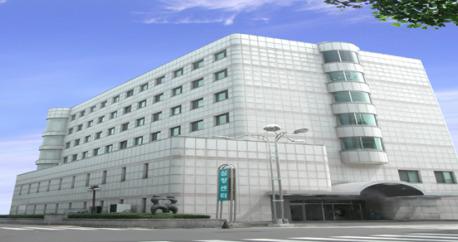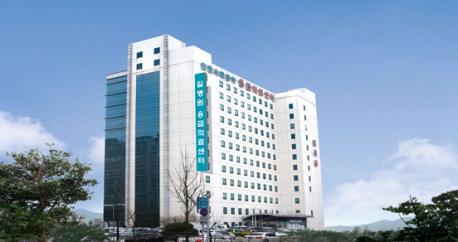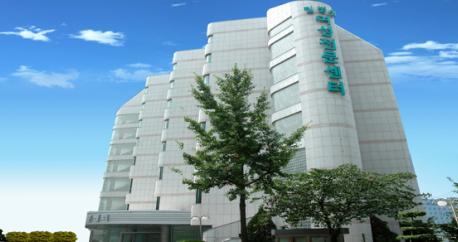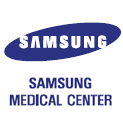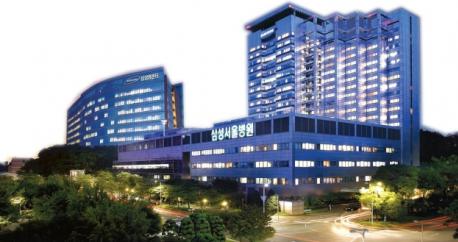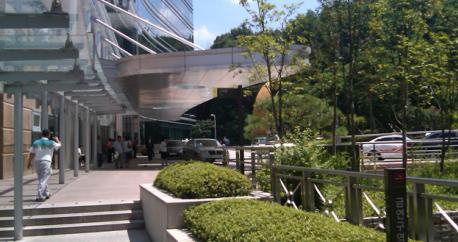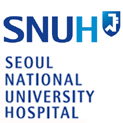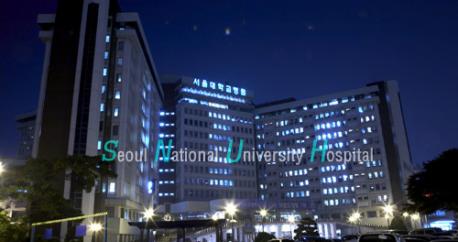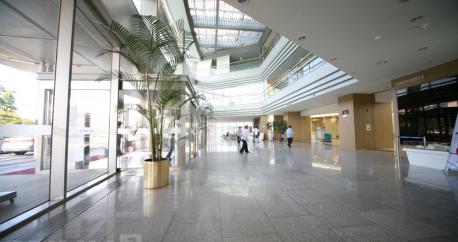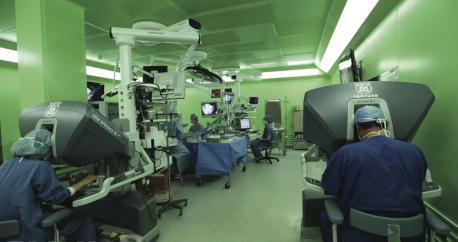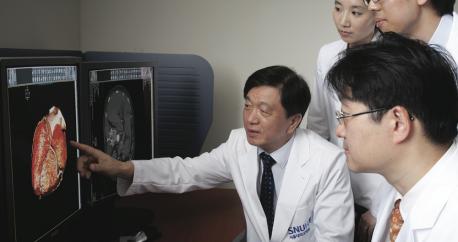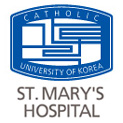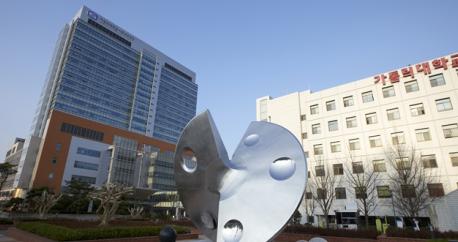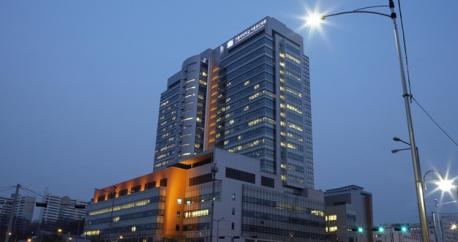Heart failure, often called congestive heart failure, is generally defined as the inability of the heart to supply sufficient blood flow to meet the needs of the body. It is most commonly caused when cardiac output is low and the body becomes congested with fluid. Common causes of heart failure include myocardial infarction and other forms of ischemic heart disease, hypertension, valvular heart disease, and cardiomyopathy. Heart failure is a common, costly, diabling, and potentially deadly condition.
Symptoms of Heart Failure
- Respiratory Distress
- Continuous coughing and pink sputum
- Edema and Ascites
- Exhaustion and Decline in Ability
- Loss of Appetite and Nausea
- Confusion and Dizziness
Diagnosis of Heart Failure
- Physical Examination
Examines the breathing and cardiac sounds while examining the edema of lower limbs to confirm of water congestion. The accurate information for the life habits and symptoms are important for diagnose.
- Chest X-ray
Examines whether the heart has enlarged or if the lung is congested.
- Electrocardiogram
As the examination of recording the electric activity of the heart through the electrodes attached to the skin, it is the essential examination for diagnosing arrhythmia of the heart with irregular heartbeats and the diagnose of heart diseases..
- Echocardiography
Examination to confirm various heart diseases or structural abnormalities by observing the structures and functions of the heart by using the ultrasounds that are harmless to the body.
- Coronary Angiography
Most accurate examination to examine the coronary arteries that have become narrow by photographing the insertion of the contrast medium to the coronary arteries with the x-ray.
- Bruce Protocol
Examination to evaluate the functional exercise abilities and the abnormal reactions of the heart that can occur during exercises by using the treadmill or bicycle ergometer.
- Nuclear Medicine
Examination to accurately evaluate the conditions of blood flow and heart functions by diagnosing the heart diseases through safe and special photograph of the heart.
- Blood Test
Anemia and kidney diseases are factors that deteriorate the symptoms of heart failure and can be found through blood tests.
Treatments of Heart Failure
- Drug Therapy
- Surgical Operations
Valve Replacement : This is the surgical operation of replacing the damaged valve with another valve in cases of severe damages to make it impossible for valvuloplasty, for there to be 3 different types of used valves including the homograft, tissue valve and metal valve.
Percutaneous Transluminal Coronary Angioplasty
- Percutaneous Transluminal Coronary Angioplasty(PTCA): Treatment of settling the stricture by inserting the narrow tube with the balloon into the artery and into the coronary artery of the heart for expanding the balloon.
- Percutaneous Transluminal Angioplasty: Treatment of placing the support to obstruct the stricture by inserting the stent after expanding the vessel that has become narrow due to the Percutaneous Coronary Angioplasty.
- Rotational Atherectomny: Surgical operation of replacing the narrow blood vessel with the diamond-shaped blade on the end of the catheter.
- irectional Atherectomy: Surgical operation of shaving the plaque. Coronary Artery Bypass Graft: Surgical operation of smoothening the blood supply to the heart by connecting blocked part of vessel to the substitute vessel of the vein or the patient’s own artery. Defibrillator Implantation: Surgical operation of inserting the device to deliver electric shock to the heart when required.
- Heart Transplantation: Surgical treatment of removing the diseased heart to replace with a healthy heart from the brain-dead donor.
- Ventricular Assist Device: Artificial heart surgery created to permanently assist or substitute the overall circulation by mechanically implanting inside the body to substitute the sickened heart.
- Angioplasty: Surgical operation that moves the strong latissimus dorsi from the patient’s body to the surrounding areas of the heart to contract with the heart.
KMH Recommended Tips
- Patients must take on low-sodium dietary habits since excessive sodium holds moisture, it can increase the amount of blood which puts pressure on the heart and induce respiratory distress, lower body edema and weight increase.
- Alcohol is restricted since it further reduces the contracting abilities of the heart and interact with the drugs used for treatments.
- Regular exercise is very important to avoid pressure on heart.
- Work to prevent the flu or pneumonia since it brings respiratory distress which is dangerous for patients of heart failure.
- Smoking is restricted since it damages the blood vessels, reduces oxygen levels in the blood and increases heart rate.
- Check body’s water retention by measuring the weight daily.
- Patients must pay attention to physical changes such as sudden weight increase, respiratory distress, lower body edema, frequent coughing, discharge of pink sputum, loss of appetite and increase in exhaustion
- The physical condition must be always examined with regular hospital visitations and other precautions related to the treatments per diseases must be informed.
